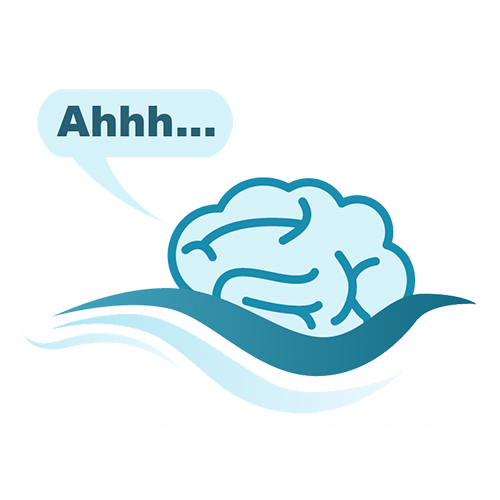Renaissance of Float Research
Like many float enthusiasts, if you ask us what floating is good for, our first answer is often, “What is it not good for?” Having witnessed floating help so many people, it’s easy to think of it as a panacea for all sorts of ailments and afflictions. However, despite decades of published research, some in the medical field still look at floating with a side-eye, skeptical of the claims made by floaters.
From curing insomnia to heightening your athletic abilities, there are personal stories from all over the globe of the benefits of floating. Unfortunately, large-scale clinical trials are very expensive and time-consuming, and most of these claims either receive funding for small-scale studies, or aren’t able to be pursued at all with any rigor.
Read More
Floating and Concussions
The search for pain relief can drive people in many unexpected, and sometimes downright odd, directions – float tanks among them. With the high concentration of Epsom salt, the tank can fully support the body without any areas of pressure on your back. This alone has been shown to help with inflammation reduction, faster recovery times, and general pain management, which helps explain why many big-name athletes and sports teams (like Steph Curry, Tom Brady, the Seahawks, the Dodgers, the Cubs, and many more) incorporate floating into their recovery programs.
Beyond physical recovery, floating has also been shown to have many positive mental effects, such as reducing anxiety and depression, while increasing energy levels and serenity. These particular benefits have been backed by scientific research, but since floating is still a largely under-researched field, many of the stories that claim benefits from floating haven’t been explored through official studies. There are, however, some benefits that are being explored through smaller scale research programs and case studies that, while not official, show promise and can help lead to new findings and larger scale studies in the future.
Read More
Creative Notion from the Silent Ocean
If humanity defines itself by anything, it is by our capacities to think critically and to adapt through our creative abilities. Although the critical thinking part gets a lot of attention, creativity is at the core of our being and is one of the main driving forces of productivity.
Unfortunately, society values this productive output so much that it’s often willing to sacrifice our health and sanity in the short term to get there. This can cause a perverse cycle where our health suffers, so our creative force takes a serious dip, and our productivity is brought along as an unwilling and unwitting passenger. The intimate relationship between self-care, creativity, and productivity is both fascinating and often frustratingly elusive to balance in our lives.
Sometimes we "just get it" and everything seems to flow effortlessly from our intentions, through our actions, into being. However, when our creative fuel is running low our outlook can suddenly change, and lots of the creative tasks that would normally come easily to us end up being difficult to manage. This can manifest itself in things like writer’s block, listlessness, or even chronically cleaning the same spot in your kitchen over and over again in the hopes that you’ll somehow metaphorically wipe away your current mental obstacles.
Read More
Fight, Flight...or Float?
You’ve probably heard of our fight or flight response – when we’re presented with stressful or threatening situations (like being chased by a hippopotamus), our body’s autonomic nervous system responds by preparing for action. Our heart rate increases, our breathing picks up, and blood flows from our core out to our limbs (along with a lot of other changes, all focused on helping us get ready to defend ourselves or to get out of there as swiftly as possible).
Read More
Promising New Research into Floating for Anorexia Nervosa
From helping with anorexia nervosa, to regulating the immune system, to reducing general and acute anxiety, new findings on floatation continue to flow out from researchers around the world. While much of the science news these days is taken up by stories and discoveries about covid, countless labs around the world carry on with their studies, many of which began years before the pandemic, and the world of floatation is no exception.
Read More





